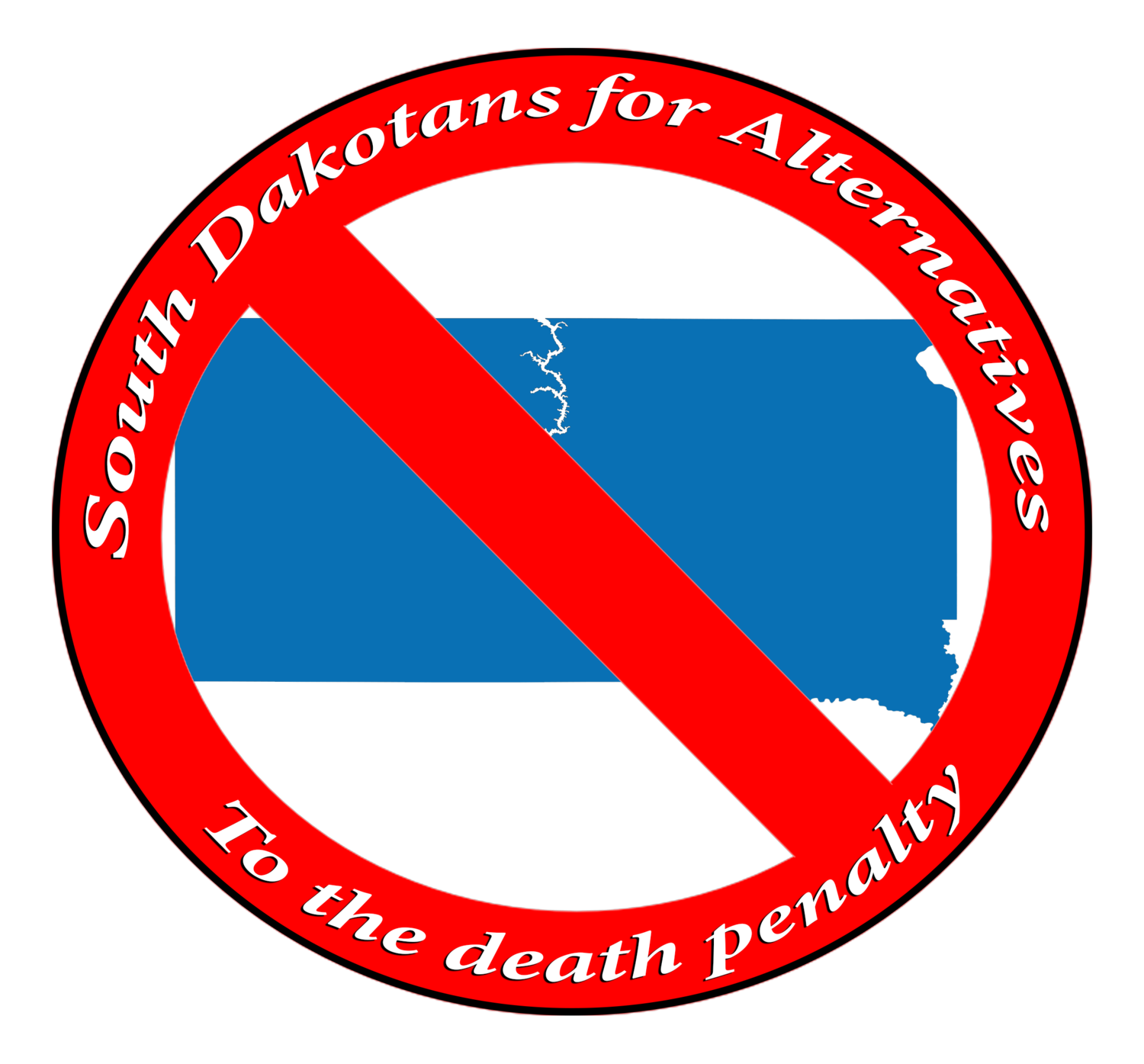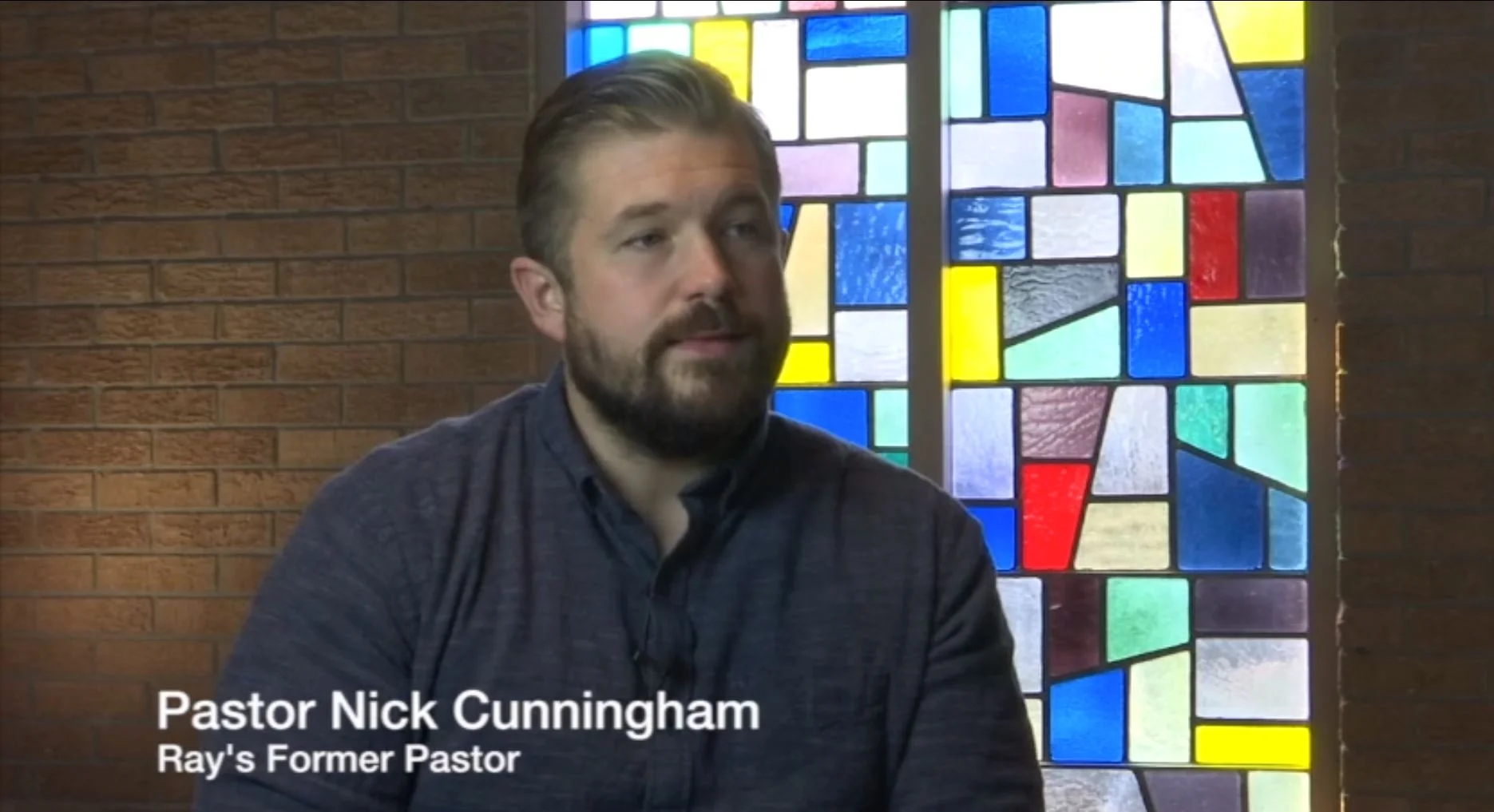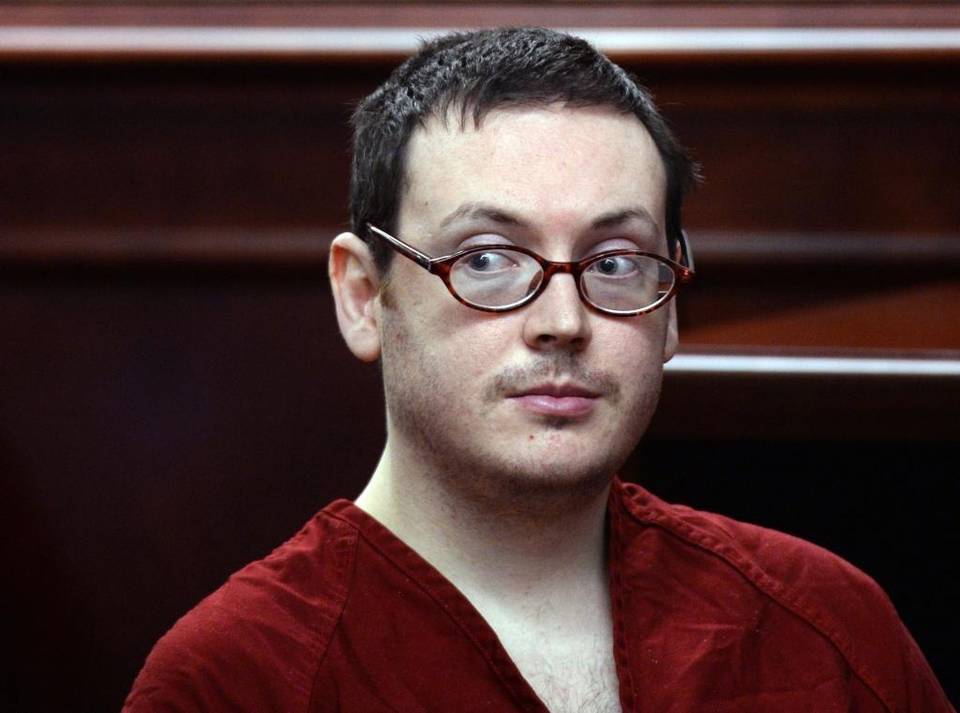Our friends at South Dakota Peace & Justice posted this to their blog A Mighty Flood of Justice today, and we thought it was worth sharing...
[Note: the following speech was delivered at the vigil, led by the South Dakota Peace & Justice Center, Pax Christi SD, and South Dakotans for Alternatives to the Death Penalty, for the execution of Donald Moeller at the SD State Penitentiary in Sioux Falls, SD on 30 October, 2012.]
We are gathered here at the State Penitentiary in Sioux Falls tonight because, for the second time in two weeks, in the buildings behind us, the State of South Dakota is about to kill a man.
There is no doubt of Donald Moeller’s crime: he has freely admitted to the brutal rape and murder of 9-year-old Becky O’Connell in 1990. The crime against Becky was horrendous – none of us would argue that. Nor would we argue that the requirements of justice demand a response to such a heinous act. We in no way seek to sanction or minimize the wrong Becky’s mother Tina Curl and her family have suffered.
At the same time, study after study shows that the death penalty cannot be justified on grounds of deterrence or incapacitation. We think of our friends in California tonight, who are close to passing Proposition 34, which would end a costly and pointless capital punishment system that costs them $134 million a year. Eight-eight percent of criminologists believe that death is no better deterrent than life in prison. We are here tonight because we know that the death penalty system is broken, and that it needs to end.
But there are more important issues at stake tonight than differences of political opinion. We are talking tonight about life and death: the death of Becky O’Connell, and soon enough the death of Donald Moeller.
We are here tonight because we believe that violence committed by the state, whether it takes the form of an execution or a war, violates fundamental ethical principles of a civilized, compassionate society. We believe that in the effort to create a peaceful society, love has greater power than vengeance.
We believe that though the State of South Dakota may have the legal authority to kill, it does nothave the moral authority. We gather because we need our neighbors and the world to know that what will happen across the street tonight is Not In Our Name.
This vigil is a time for song, a time for prayer, a time for silent reflection, and a time for solidarity with all victims of violence and respect for life in all its forms. We empathize with the grief of Becky O’Connell’s family, the incredible hurt and anger they must feel. We stand with them in their desire to see justice done. But we cannot believe that the taking of yet another life serves the cause of justice.
In the words of a great man, “Darkness cannot drive out darkness; only light can do that. Hate cannot drive out hate; only love can do that.”
In the words of another great man, “Love your enemies, and pray for those who persecute you.”
–Tom Emanuel is the Executive Director of the South Dakota Peace & Justice Center












